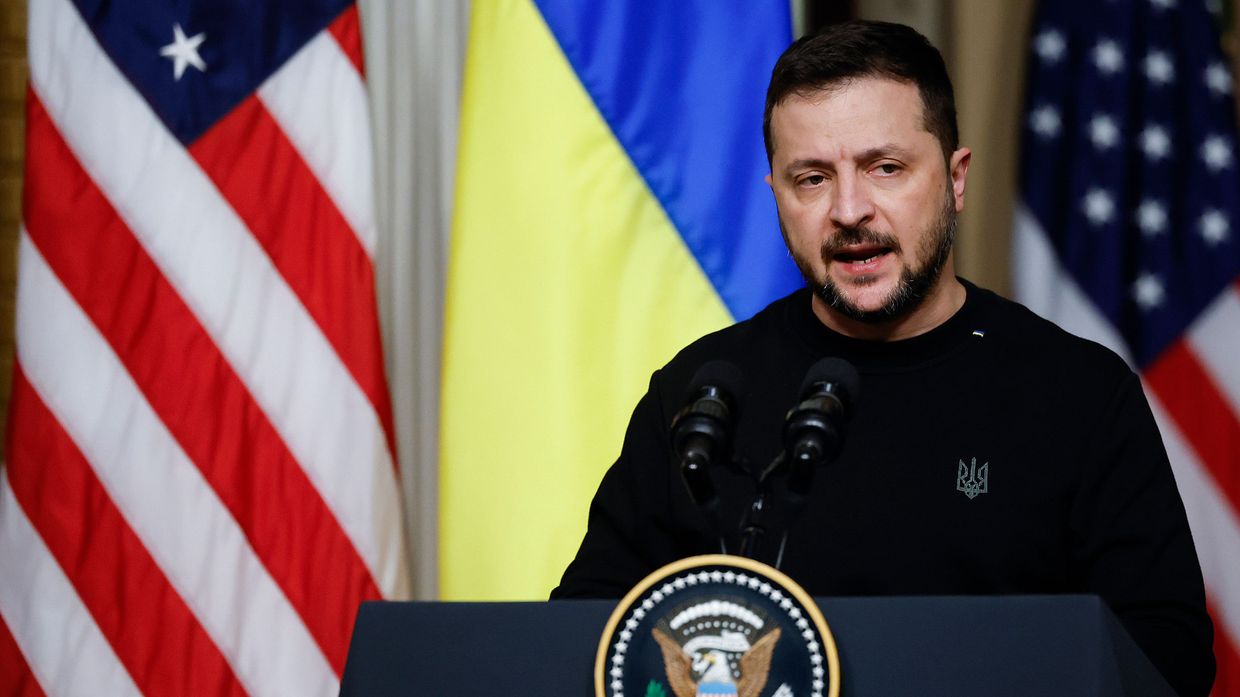NATO's Stoltenberg, European leaders laud House passage of Ukraine aid bill

European leaders praised the passage of a $60.84 billion Ukraine aid bill by the U.S. House of Representatives on April 20, but some caution that Europe must urgently ramp up support for Ukraine.
Over two months have passed since the Senate passed a similar bill on foreign assistance, and Democratic and Republican lawmakers, along with U.S. President Joe Biden, have been calling on House Speaker Mike Johnson to bring the bill to the House for a vote.
Some 101 Republican House members voted in favor of the Ukraine aid bill, 112 voted against, and one voted present. Meanwhile, among Democrats, 210 House members voted yes, with none opposing the bill.
"@SpeakerJohnson, thank you," wrote Polish Prime Minister Donald Tusk. "Better late than too late. And I hope it is not too late for Ukraine."
The approval of the U.S. aid package comes at a critical time for Ukraine, marked by the increasingly deteriorating situation on the front lines, where Russia has recently made significant gains. The delay in the U.S. defense aid for Ukraine earlier contributed to the loss of the key front-line city of Avdiivka in Donetsk Oblast.
"I welcome that the U.S. House of Representatives has approved a major new package of aid to Ukraine," NATO Secretary General Jens Stoltenberg said in a post on X (formerly Twitter). "Ukraine is using the weapons provided by NATO allies to destroy Russian combat capabilities. This makes us all safer, in Europe and North America."
The Senate is set to begin considering the House-passed bill on April 23 before it will be sent to President Biden for signing. Biden has already signaled that he would sign the bills once Congress passes them.
"Crucial and right decision by the U.S. House of Representatives to send Ukraine urgent military aid," Estonia's Prime Minister Kaja Kallas said on X. "The best way to secure ourselves is to make sure we help Ukraine to win its fight for freedom. Hope this vote encourages all allies to look through their warehouses and do more."
Swedish Foreign Minister Tobias Billström echoed the sentiment and added that the European leaders must remember "that the EU now have to increase our own production of armaments, ammunition and supplies to aid Ukraine on a long-term basis."
"Tonight’s vote shows the necessity of this. We have to do our own homework as well," Billström added.














